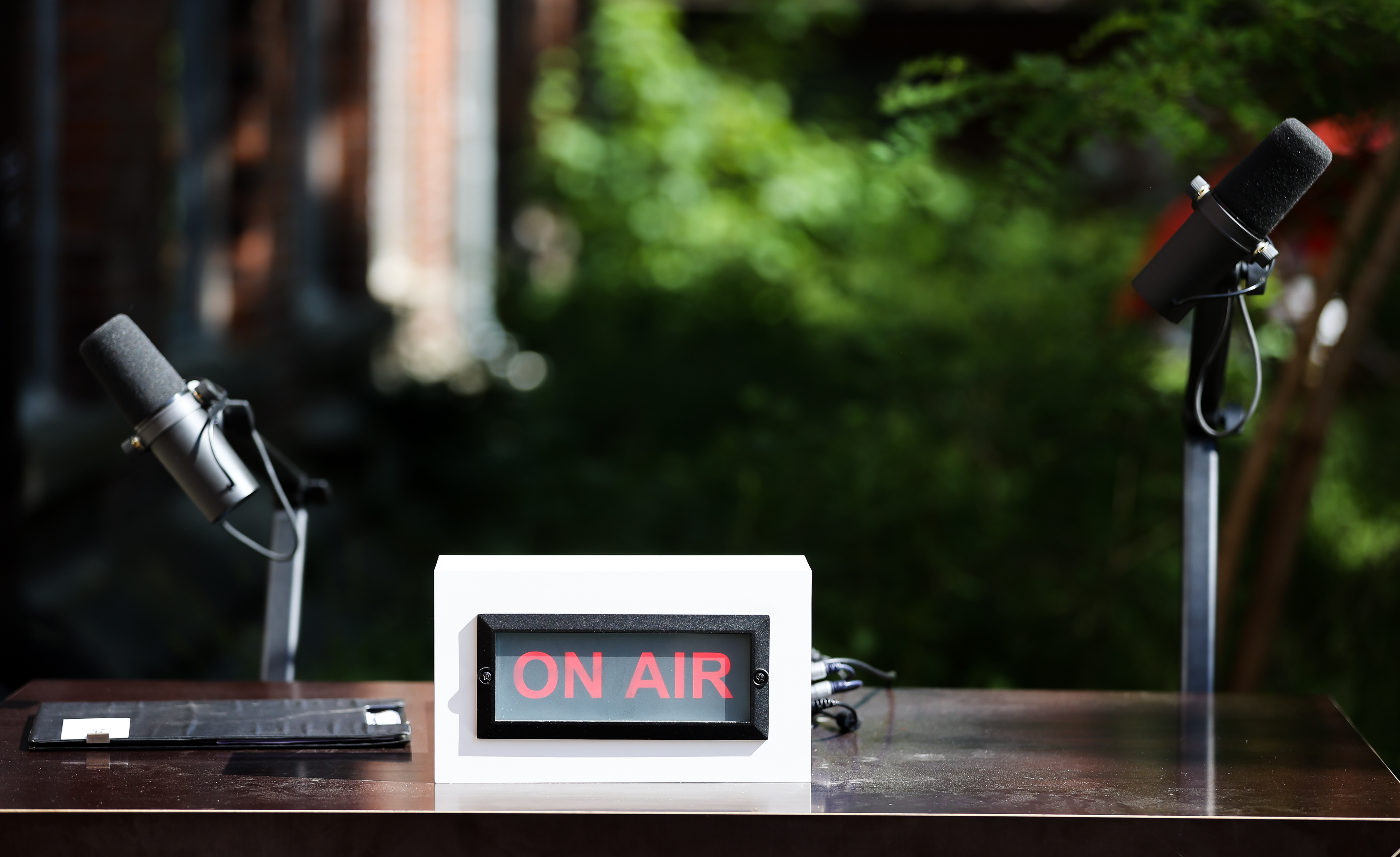The challenge of detecting misinformation in podcasting

Confronted by viral conspiracy theories, climate change denialism, extremist movements, and anti-democratic groups (among others) feeding off false information online, social media platforms have taken steps in recent years to curtail the spread of misinformation. But even as tech companies have come under pressure to crack down on misinformation, one key avenue of information distribution in the digital economy—podcasting—has escaped significant scrutiny, despite the massive scale of the podcast ecosystem.
Nearly 116 million Americans—or around 41%—listen to podcasts monthly, but only recently have podcasters begun to receive scrutiny for their role in spreading misleading or false content. When Joe Rogan—perhaps the world’s most popular podcaster—questioned in April the relative risks of COVID-19 vaccines for young people, he came under intense criticism. Rogan quickly backtracked, telling his more than 11 million listeners that he had been a “moron.” But that retraction may have been too late, as there remains a strong correlation between listeners of the Joe Rogan Experience and vaccine hesitance.
